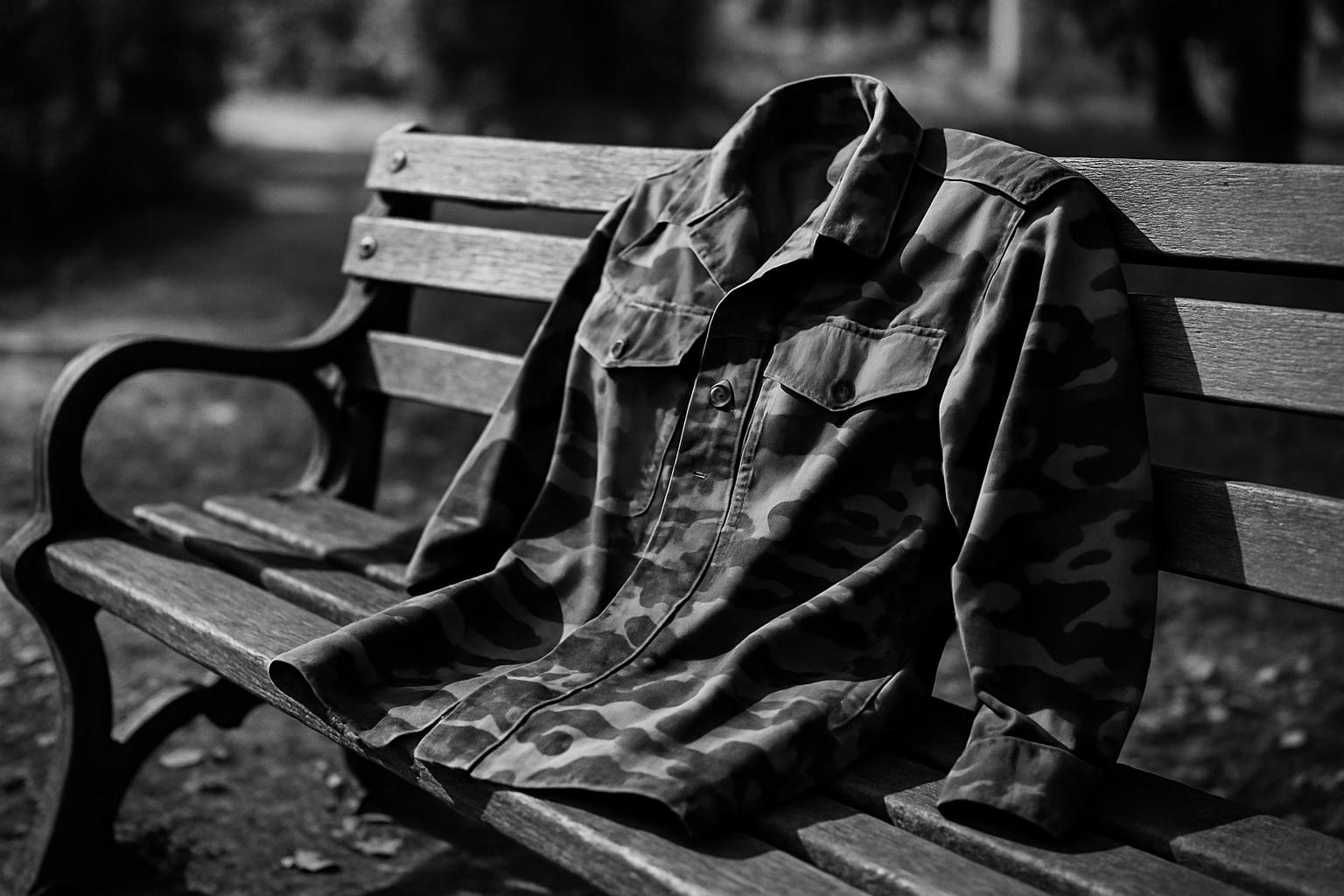Dr Bex Bennett, a former British Army officer and co-founder of the UK community interest company Sisters in Service, is advocating for greater recognition and support for women who have served in frontline military roles. Drawing on her own experiences serving in hazardous environments such as Iraq and southern Afghanistan, Bennett highlights the persistent misconceptions that women have not been deployed to dangerous conflict zones alongside their male counterparts. She stresses that many women have indeed faced frontline duties, including female searches and engagement with local civilians, often under life-threatening conditions such as mortar fire. Yet, public understanding of their contributions remains limited, which in turn affects the support networks available to female veterans.
Sisters in Service was established in May 2024 to address the unique challenges faced by female veterans who have transitioned into healthcare roles. Its membership of around 160 women across the UK includes former personnel from the Royal Navy, British Army, and Royal Air Force now working in fields ranging from nursing and psychotherapy to pharmacy and clinical education. The organisation provides a safe space where women can share experiences, find camaraderie, and support one another through social activities and online meetings, combating feelings of isolation that often follow military service. Bennett explains that many women veterans find traditional veteran spaces, such as Royal British Legion clubs, daunting, where they may be mistakenly perceived as non-service members or spouses rather than veterans themselves. Sisters in Service aims to build a strong community where female veterans feel seen, understood, and empowered.
Alongside Bennett, co-founder Gemma Saunders, a psychotherapist, also highlights the mental health challenges female veterans face. Women in the military are often trained to suppress vulnerability and perform at par or better than their male colleagues, carrying emotional burdens that do not easily dissipate after service ends. This "hard shell" can make reaching out for help difficult, particularly when transitioning into demanding civilian healthcare roles. The community offered by Sisters in Service acts as a vital outlet for emotional support and mutual understanding among women with shared military backgrounds. The group is actively expanding its offerings to include fitness activities and residential retreats, recognising the importance of holistic wellbeing.
The journey described by members such as Mel Dyke, who transitioned from frontline army engineering roles to nursing and faced the emotional toll of treating battle casualties while pregnant, underlines the complex realities female veterans navigate. Dyke’s experience illustrates how military service and its aftermath are intricately woven into personal and professional lives, often accompanied by a profound sense of responsibility and strain.
Sisters in Service aligns with other UK organisations working to support female veterans, such as the Female Veterans Alliance and Salute Her UK, which offer broader platforms for empowerment, wellbeing retreats, advocacy, and policy influence. Additionally, initiatives like Camouflaged Sisters and Shield of Sisters focus on storytelling and healing, particularly for those affected by military sexual trauma, underlining the multifaceted nature of support needed for this community.
Bennett’s work has recently been recognised with an honorary master's degree from the University of Derby, reflecting her contribution to both mental health and veteran affairs. She advocates spreading greater awareness of women’s wartime contributions and stresses the importance of community strength in acknowledging that these women’s experiences matter. By building supportive networks and challenging outdated stereotypes, initiatives like Sisters in Service are reshaping how female veterans are viewed and supported in the UK.
📌 Reference Map:
- Paragraph 1 – [1], [4]
- Paragraph 2 – [1], [2]
- Paragraph 3 – [1], [2]
- Paragraph 4 – [1]
- Paragraph 5 – [1]
- Paragraph 6 – [1], [3], [4], [5], [7]
- Paragraph 7 – [1], [2]
Source: Noah Wire Services
